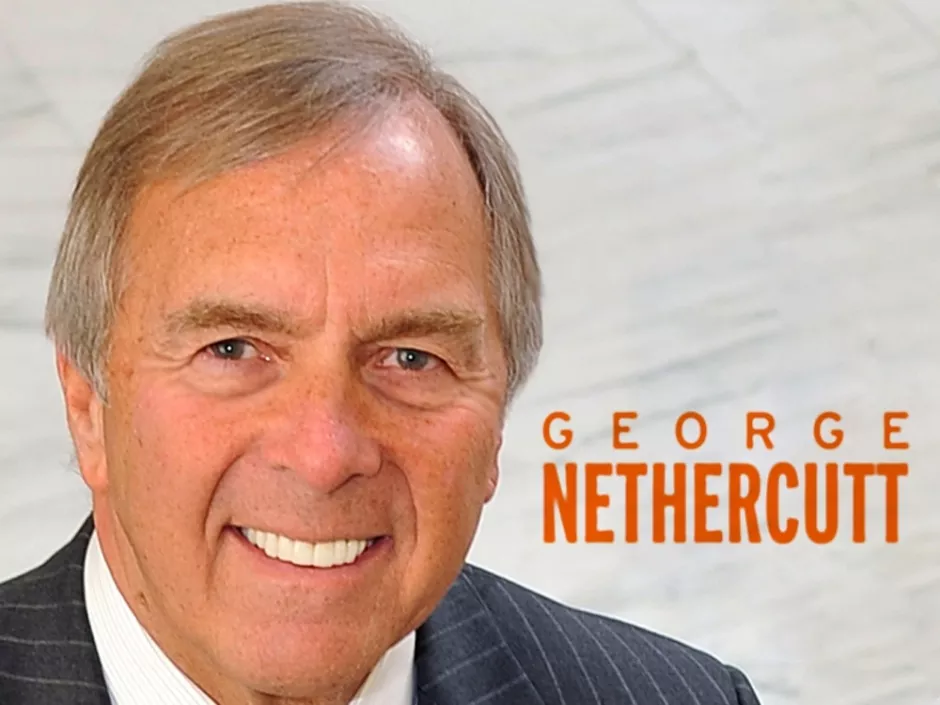After the Constitutional Convention concluded in September 1787, officially creating the American government, a woman asked Benjamin Franklin whether the Constitution had created “a monarchy or a republic?” Franklin famously replied, “A republic, madam, if you can keep it.” Now, 226 years later, a similar question faces American society: Do Americans know enough about democracy, and the republic created long ago, to keep it?
Evidence of civic illiteracy is everywhere. Students routinely fail standardized tests of their knowledge of American government, economics, history and foreign policy. In recent years, the Intercollegiate Studies Institute, the Pew Center and Newsweek have tested the civic knowledge of students and adults; the results have been miserable. Comedian Jay Leno regularly holds interviews on his “Jaywalking” segment that embarrass viewers when normal citizens can’t answer easy questions about the American system. The U.S. Department of Education conducts periodic national testing of 4th, 8th and 12th graders: only 12 percent test “proficient” in Civics.
Thankfully, next year Washington’s high school seniors must pass a one-semester course in “civics” to graduate. Contrast that with California, passing a law requiring high school students to learn the history of gay, lesbian, bisexual and transgender figures — or Maryland, passing a law requiring seniors to be “environmentally literate” before graduating. That’s up to those states, but what about laws requiring knowledge of how democracy works? What about a requirement that assures the next generation of leaders is prepared to perpetuate the principles that have assured American independence and progress?
The failure of both students and adults to know about America has prompted my nonprofit, nonpartisan Foundation to announce a region-wide Citizenship Tournament this fall with up to $10,000 in scholarships and other valuable prizes at stake. The goal of the tournament is to make Eastern Washington the civics capital of the nation, so that our region can boast of its highly educated students schooled in subjects that matter to the principles that have made our country great. Since the focus of student education has been elsewhere for more than 50 years, it’s time that civic learning takes higher priority. Winning students, participating civics teachers and parents can win a trip to Washington, D.C., to become immersed in learning further how government works.
Following a Jeopardy format, the tournament will offer an electronic “app” and a printed Official Study Guide so that students can learn easily or work in groups to prepare for the competition.
Meanwhile, the Foundation is also preparing an online “test” for candidates for federal office in 2014, encouraging them to know basic civics. It seems reasonable that if young people are learning about government, federal officeholders should be equally informed and able to pass a test similar to the immigrant citizenship exam that all applicants for American citizenship must pass if they are to become citizens.
Civic learning is nonpartisan and all-American. It simply seeks to emphasize the importance of an informed citizenry, aware of our rich American heritage and how the United States has overcome human struggles so that our society won’t take for granted such principles as freedom, democracy, human rights and a fair system of justice, all principles for which Americans have fought and died.
Help America keep the republic of which Franklin spoke.
If you know 4th, 8th and 12th grade students who would like to compete for scholarships and prizes next fall, encourage them to enter the George Nethercutt Foundation’s Citizenship Tournament. For details, visit nethercuttfoundation.org later this month.

















